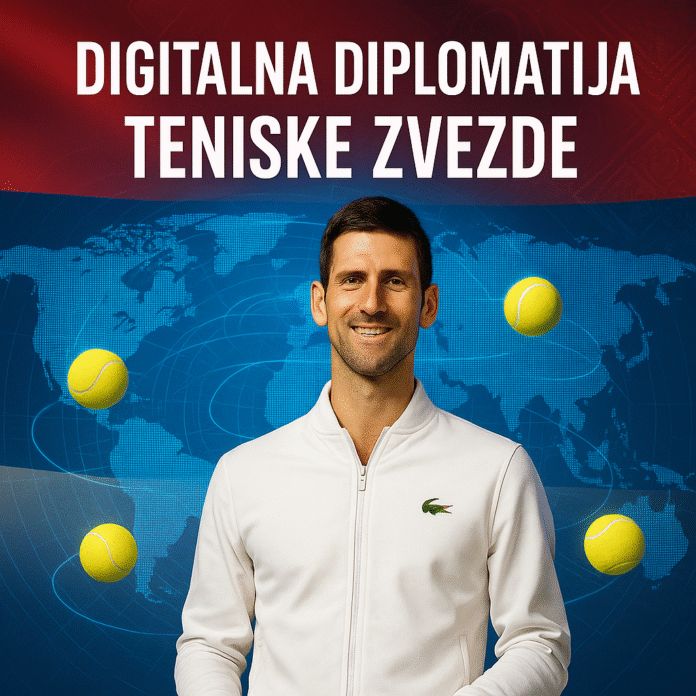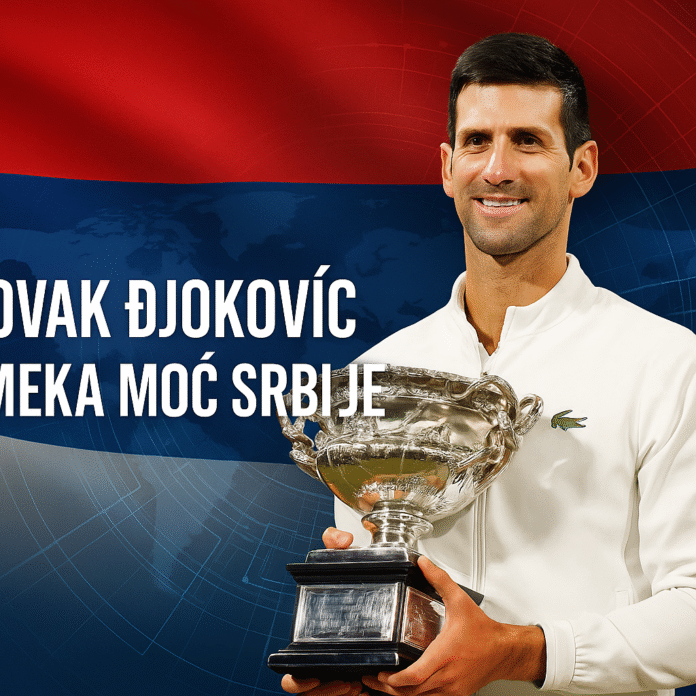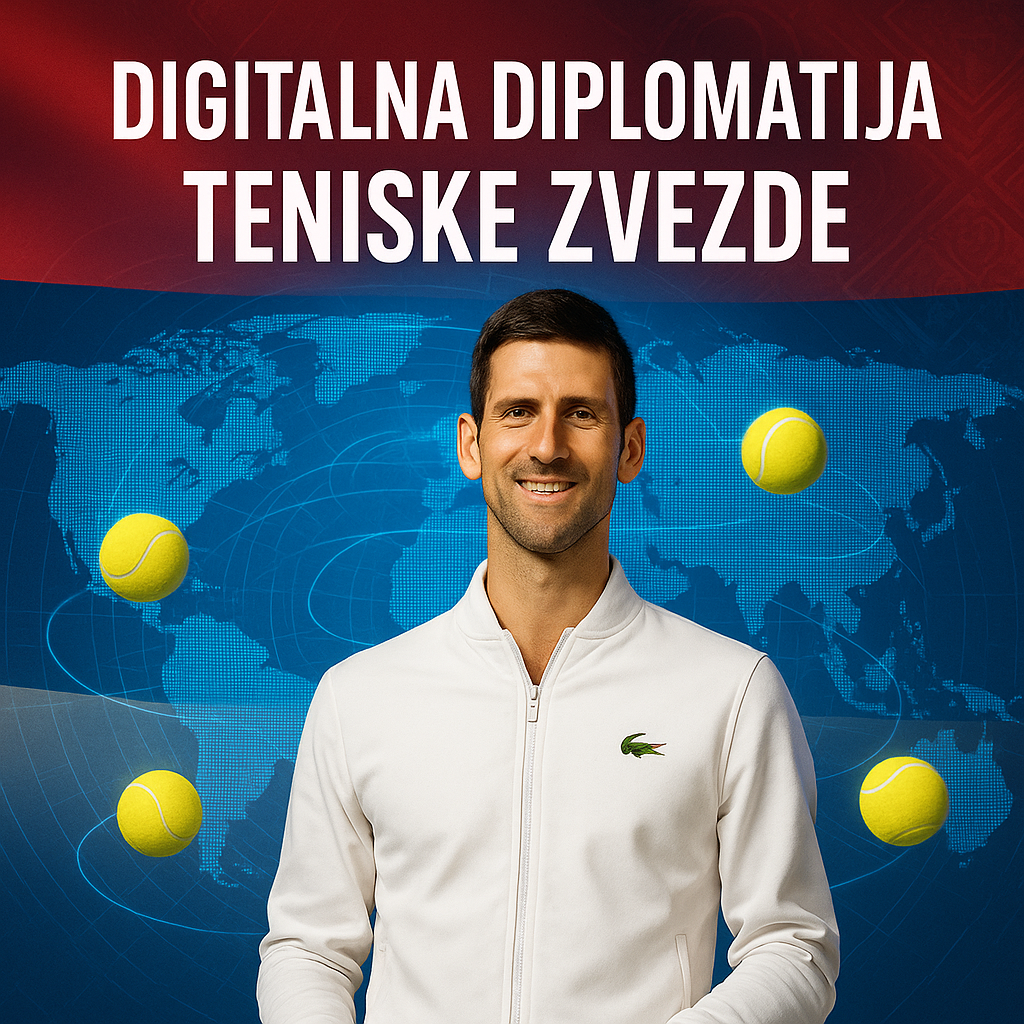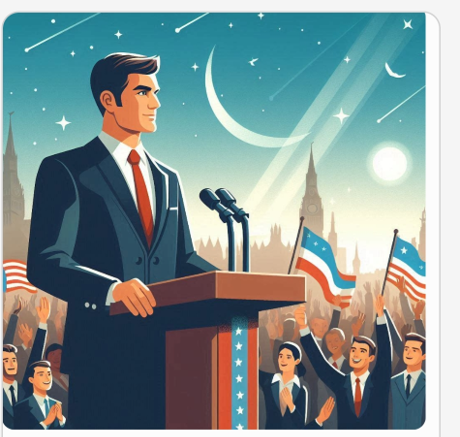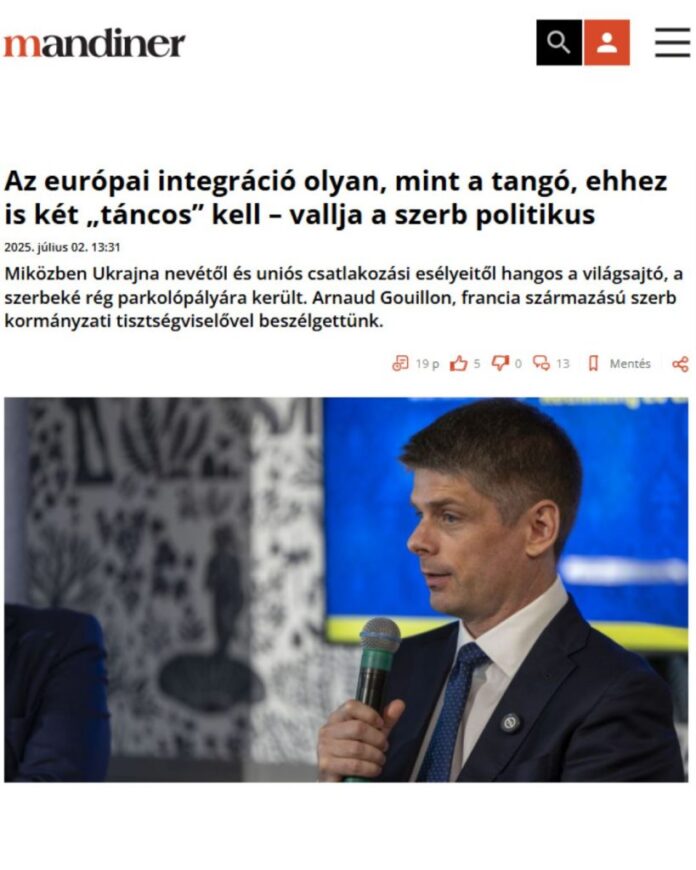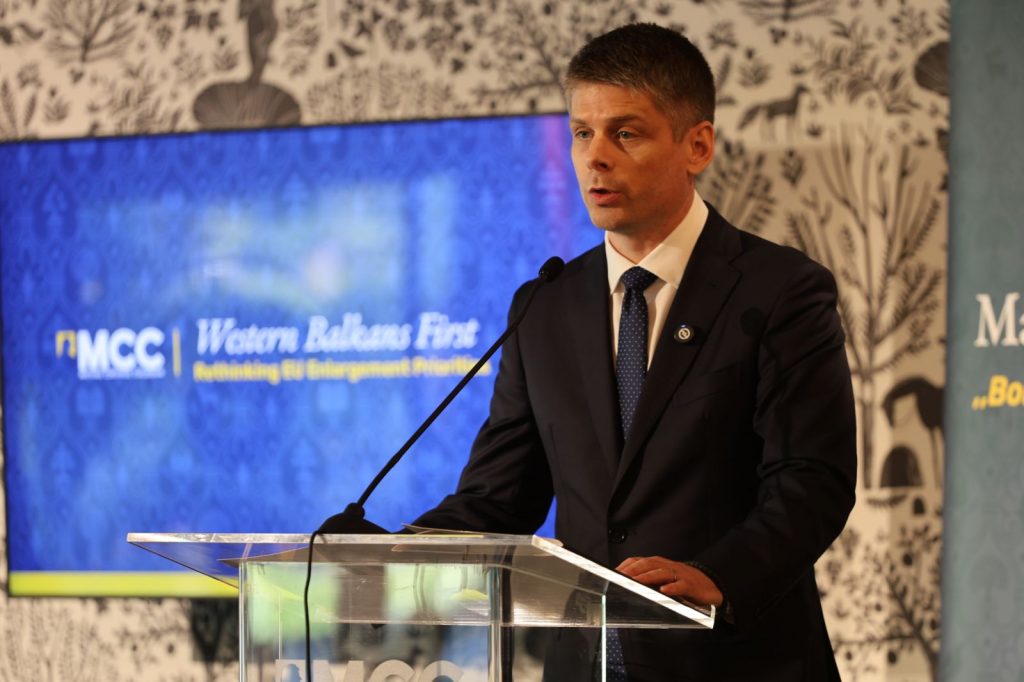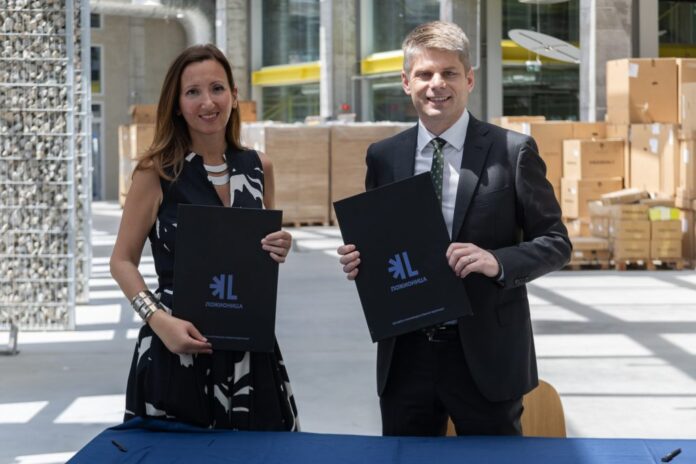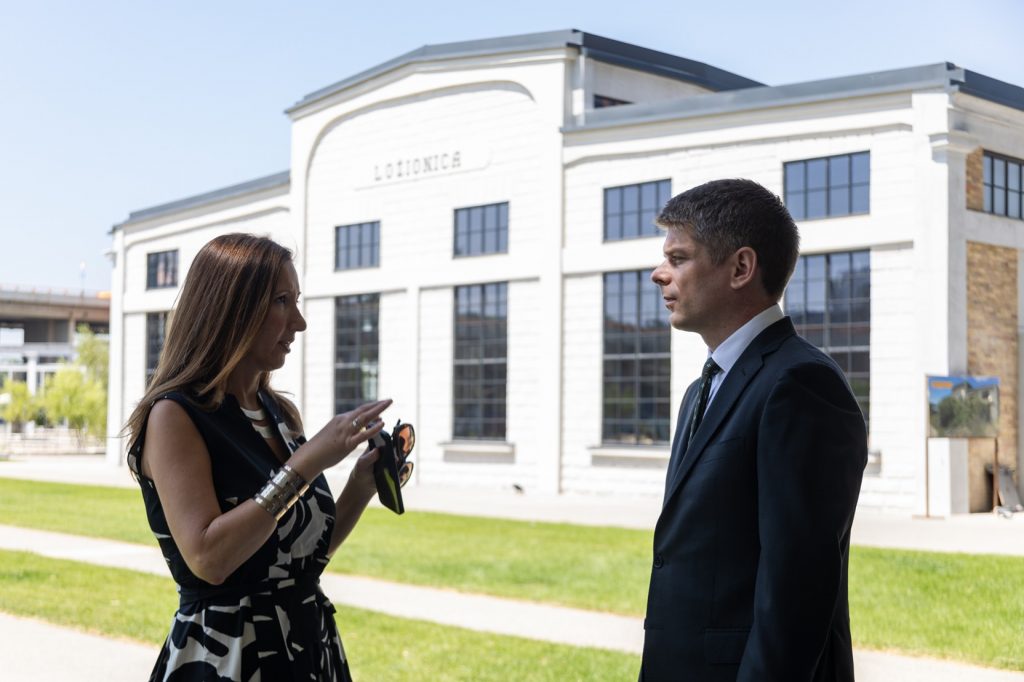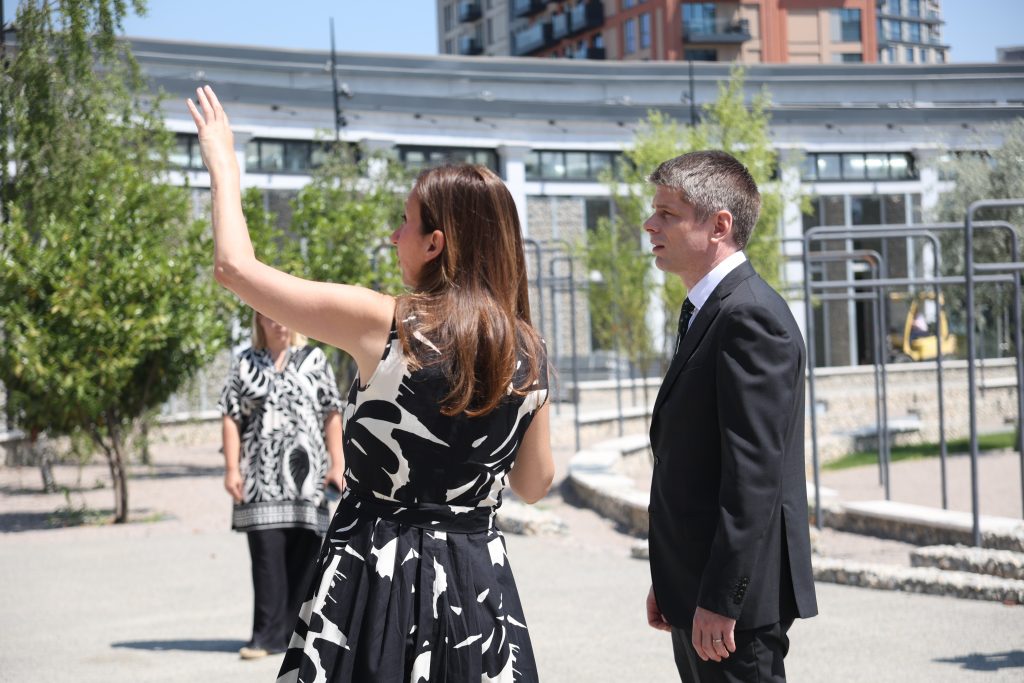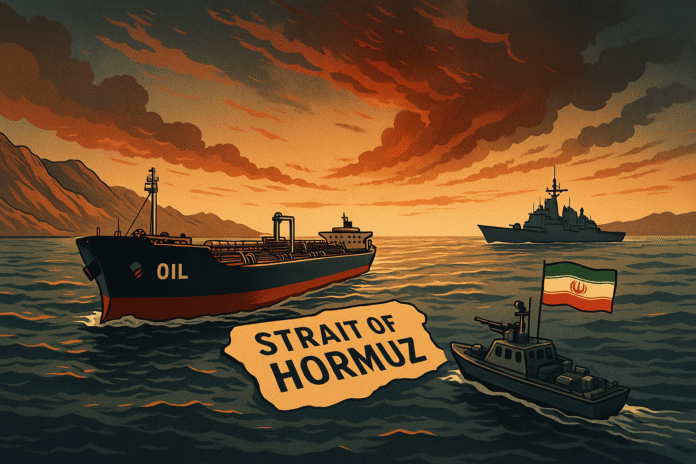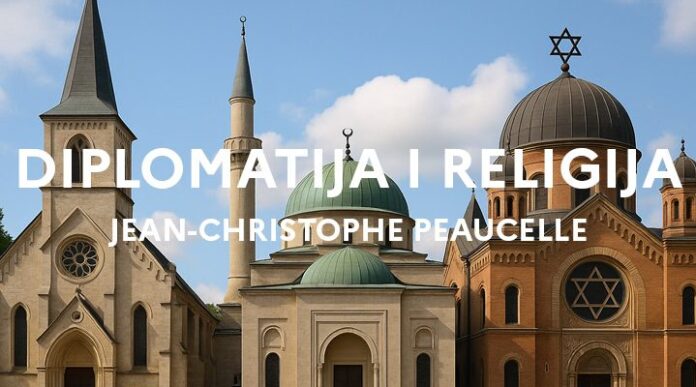Globalna slika u dresu Srbije
U savremenom svetu, gde dominiraju digitalna komunikacija i globalna pop kultura, pojedinci često postaju najjači ambasadori svojih zemalja – ne kroz formalne diplomatske kanale, već kroz sopstvenu karijeru, ponašanje i vrednosti koje reprezentuju. Nikola Jokić, dvostruki MVP NBA lige i jedan od najboljih košarkaša današnjice, izrastao je u jednog od najautentičnijih simbola Srbije na međunarodnoj sceni. Njegov uspeh, karakter i stavovi postali su tihi, ali snažni alat srpske javne diplomatije i meke moći.
Dok države troše milione na promociju svog brenda kroz kulturne manifestacije, političke inicijative i promotivne kampanje, efekat jednog čoveka poput Jokića neretko nadmašuje sve institucionalne napore. Jokićev imidž skromnog, duhovitog i porodično orijentisanog sportiste iz Sombora oblikuje percepciju Srbije kao zemlje talenta, skromnosti i autentičnosti – osobina koje često nedostaju u globalnim sportskim (ali i političkim) narativima.
Brojevi koji govore sami za sebe
Prema analizi podataka iz 2023. i 2024. godine:
- Nikola Jokić je, prema podacima NBA.com, bio među 5 najpraćenijih evropskih igrača na NBA društvenim mrežama.
- Njegovo ime je zabeležilo preko 8 miliona globalnih pretraga na Google-u tokom plej-ofa 2023. godine.
- Hashtag #Jokic je samo na TikToku generisao preko 1,2 milijarde pregleda do juna 2024.
- Njegova slika sa konjem nakon osvajanja NBA titule postala je viralna i objavljena u preko 40 zemalja.
- ESPN i Bleacher Report su ga uvrstili među 3 najpopularnija internacionalna NBA igrača prema broju reakcija i interakcija korisnika u SAD i Evropi.
Sve ovo pokazuje da je Jokićev digitalni otisak daleko veći od sportskog. Njegova slika oblikuje predstavu o Srbiji ne kao o zemlji sukoba, već kao o naciji koja stvara svetske šampione, koji ostaju prizemni, porodični i autentični.
Narativ kao oružje meke moći
Jedna od ključnih osobina Jokićeve uloge u srpskoj mekoj moći jeste njegov dosledni narativ. On ne igra “igru medija”, retko koristi društvene mreže, ne pravi spektakl od uspeha – a upravo ta povučenost i fokusiranost na suštinu osvajaju simpatije publike širom sveta. U eri influensera i digitalnih persona, Jokić odoleva hiperprodukciji lične promocije. Ipak, o njemu se najviše priča. To ga čini idealnim simbolom tzv. „tihog uticaja“.
Njegovi istupi su retki, ali snažni. Na pitanje o MVP titulama, Jokić odgovara da su mu važniji konji i porodica. Na pitanje o bogatstvu, kaže da mu najviše prija kada ujutru vodi ćerku na jahanje. Takve izjave imaju izuzetnu snagu u savremenom globalnom diskursu – jer prenose univerzalne vrednosti koje nadilaze sport.
Uticaj na imidž Srbije
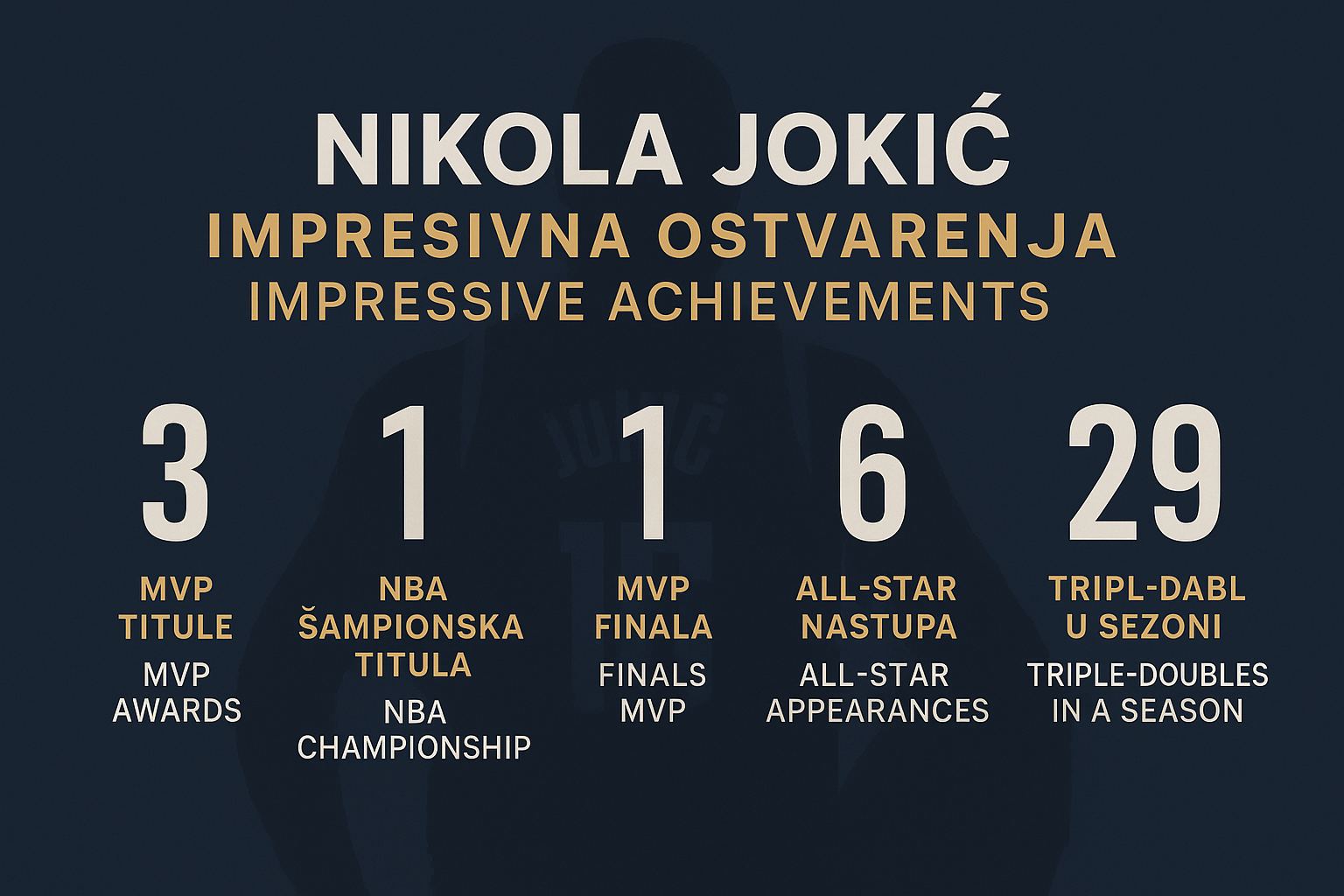
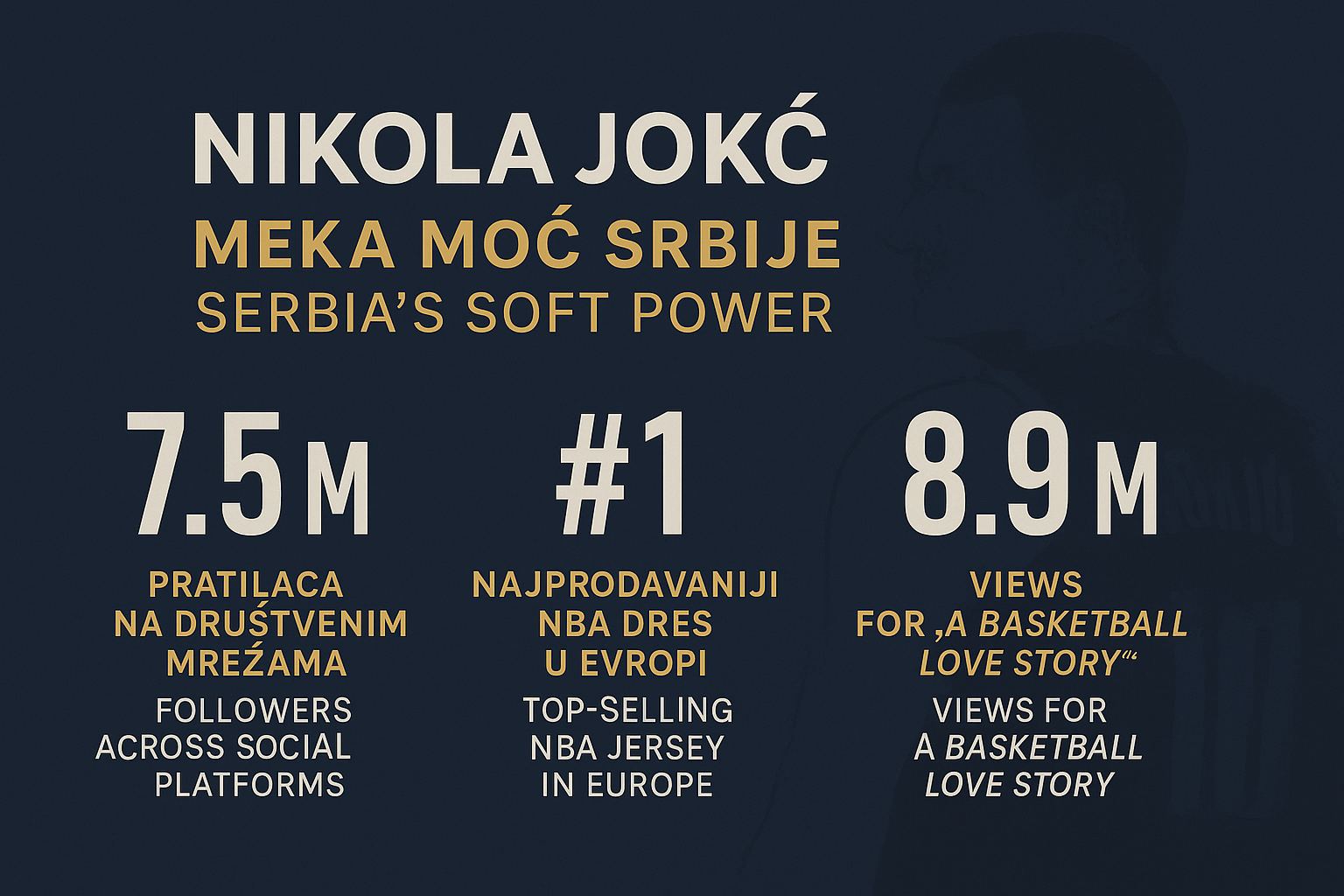 U kontekstu javne diplomatije Srbije, Jokić predstavlja neiskorišćen, ali izuzetno moćan resurs. Njegova popularnost u SAD, Brazilu, Španiji i Kini pruža priliku za redefinisanje narativa o Srbiji u globalnim medijima.
U kontekstu javne diplomatije Srbije, Jokić predstavlja neiskorišćen, ali izuzetno moćan resurs. Njegova popularnost u SAD, Brazilu, Španiji i Kini pruža priliku za redefinisanje narativa o Srbiji u globalnim medijima.
Srbija kao brend se često vezuje za sport – ali najčešće kroz nacionalne timove ili istorijske sportske ličnosti. Jokić, međutim, nudi novu dimenziju: on je deo savremenog globalnog sportskog poretka, istovremeno odan lokalnim vrednostima i cenjen u elitnim međunarodnim krugovima. Njegova lična priča može biti osnova za razvoj kampanja kulturne diplomatije, sportskog turizma, kao i promocije srpske ruralne tradicije.
Zanimljivo je da je broj turista iz SAD koji su posetili Srbiju u 2023. porastao za 28% u odnosu na 2019. godinu – a ankete u okviru kampanje „Serbia Creates“ pokazuju da čak 19% mladih Amerikanaca za Srbiju zna upravo preko Jokića.
Zaključak: Jokić kao uzor digitalne diplomatije nove generacije
Nikola Jokić nije diplomata, niti se ponaša kao jedan. On ne koristi Twitter, ne promoviše se, ne drži govore. Ipak, njegova pojava, narativ i stavovi su moćniji od većine kampanja koje pokušavaju da kreiraju pozitivan imidž Srbije u svetu. U digitalnoj eri, tišina ponekad najglasnije govori – a Jokić to potvrđuje svakim svojim potezom na terenu i izjavom van njega.
Za strategiju digitalne diplomatije Srbije, Jokićev primer ukazuje na sledeće:
- Potrebno je identifikovati ličnosti koje već imaju globalni domet i narativ koji se poklapa sa strateškim interesima zemlje.
- Digitalna diplomatija ne mora biti uvek institucionalna – često su autentične ličnosti efikasniji prenosioci vrednosti.
- Umesto klasičnog PR-a, fokus treba biti na podršci i nenametljivom korišćenju njihove reputacije u kampanjama, dokumentarcima, saradnjama sa kulturnim i obrazovnim institucijama.
Jokić je, hteli to ili ne, postao jedno od najjačih diplomatskih oruđa Srbije – jer je svima pokazao da snaga dolazi iz autentičnosti, skromnosti i univerzalnih vrednosti koje svi prepoznaju, bez prevoda.
Biografska napomena: Nikola Jokić
Datum rođenja: 19. februar 1995.
Mesto rođenja: Sombor, Srbija
Nikola Jokić je profesionalni košarkaš koji igra na poziciji centra za Denver Nuggetse u NBA ligi. U NBA je došao kao 41. pik na draftu 2014. godine, čime je postao jedan od najniže rangiranih igrača u istoriji lige koji je osvojio MVP priznanje. Do sada je osvojio tri MVP titule (2021, 2022, 2024) i jednu NBA šampionsku titulu (2023) sa Denver Nuggetsima, uz titulu MVP-ja finala.
Poznat je po svojoj jedinstvenoj kombinaciji fizičke snage, košarkaške inteligencije i nepretencioznog ponašanja. U svetu sporta često se ističe kao primer atlete koji ruši stereotipe o modernim superzvezdama: skroman, duhovit, porodičan i nenametljiv.
Van terena, Jokić živi povučeno, najviše vremena provodi sa porodicom u Somboru i na svom imanju, gde se bavi konjičkim sportom – posebnom strašću koju deli sa svojim ocem i braćom.
Nikola Jokić je postao globalni fenomen ne samo zbog svojih sportskih dostignuća, već i zbog ličnosti koja odražava drugačiji set vrednosti – mir, integritet, posvećenost porodici i ljubav prema svom kraju. Upravo te vrednosti učinile su ga nesvesnim simbolom meke moći Srbije u digitalnom dobu.



